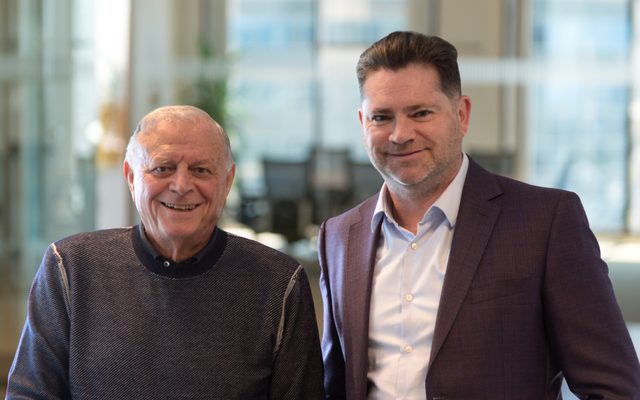This article is from the Australian Property Journal archive
GPT (ASX: GPT) plunged to a full-year loss as the pandemic wiped nearly $870 million off the value of its shopping centres portfolio in 2020, and the group has entered into a new joint venture as it looks to move further into the buoyant logistics sector.
GPT, which has its financial year in line with the calendar year, saw the 2019 $880 million net profit after tax swing to a $213.1 million loss in 2020.
Funds from operations (FFO) fell 9.6% to $554.7 million, while FFO per security dropped 12.9% to 28.48c.
Negative property valuations came in at $712.5 million, largely due to the $866.5 million – about 13.7% – wiped off the retail portfolio as trade and travel restrictions left shopping malls across the country virtually empty, and jeopardised the trading future of countless businesses.
The mandatory Code of Conduct in response to COVID-19 also impacted the performance of GPT’s shopping centres. Rent waivers and provisions in uncollected rent totalled $95.3 million and took the segment’s contribution down 30.8% to $225.7 million.
Victoria’s second lockdown made a further impact, with the group’s Melbourne Central mall located in the CBD. GPT joins a host of other major landlords who have seen the value of their retail assets smashed.
“The effects of the COVID-19 pandemic resulted in a challenging year for the group. We commenced 2020 with strong momentum and the expectation of delivering earnings and distribution growth. However, the onset of COVID-19 rapidly changed the operating landscape and we had to adapt our approach swiftly,” CEO Bob Johnston said.
GPT’s entire portfolio was revalued and saw a 4.8% fall in value to $24.4 billion. Its office towers saw more modest loss of $73.8 million, of 1.2%, and the segment managed to increase its contribution, by 2.0% to $281.9 million. Its weighted average capitalisation rate is 4.8%, while its occupancy rate is 94.9% and weighted average lease expiry is 5.1 years.
Johnston said the material increase in vacancy rates in the major office markets would result in a decline in effective rents for new leasing deals during 2021.
“We expect that tenants will retain a preference for quality buildings, with superior amenity and customer-centric managers.”
GPT is moving forward with six office projects ahead of the next market cycle, which are expected to have a value of about $3.5 billion on completion. The Queen & Collins project in Melbourne is currently being redeveloped for the GPT Wholesale Office Fund. Due for completion in May, it is about 20% leased currently, including heads of agreement.
GPT divested its interest at 1 Farrer Place in Sydney for $584.6 million in December, in line with its June valuation. The asset delivered an average total return of 12% per annum over the past five years.
The proceeds from the sale are being reinvested into new opportunities – particularly the group’s logistics development pipeline.
Industrial strength
The industrial portfolio was a shining light for GPT during 2020, and GPT announced yesterday it had entered into a capital partnership with Canadian real estate firm QuadReal Property Group to establish the GPT QuadReal Logistics Trust.
The 50-50 joint venture will seek to acquire and develop Australian prime logistics assets, with a targeted investment of $800 million. GPT will provide development and management services to the partnership.
“Growth of our logistics portfolio is a core focus for GPT and we have made strong progress in securing development and investment opportunities in the sector,” Johnston said.
“The logistics market continues to benefit from structural tailwinds driven by growth in e-commerce, food and pharmaceuticals distribution and the recovery in the housing market.”
Combined with the pipeline of development projects currently underway, GPT is positioned to deliver more than 600,000 sqm of logistics facilities with an estimated end value on completion of approximately $1 billion.
Its logistics portfolio’s segment contribution lifted 15.2% in 2020 to $139.4 million, and posted comparable income growth of 3.1 per cent. The portfolio has high occupancy of 99.8% and a long WALE of 6.7 years.
Revaluation of the assets resulted in an uplift of 9.3%, or $227.8 million over the year, and a WACR of 4.84%, supported by strong investor demand and transaction results.
The logistics portfolio increased by $542.5 million to $3 billion, including the 165,100 square metres of logistics space added during the year through development and acquisitions.
GPT did not provide earnings and distribution guidance for 2021. Its final distribution for was 13.2 cps, for a full year distribution of 22.5 cps.




